
Welcome to 'The Ultimate Guide: Top 10 Renowned Pediatric Mobility Training Certifications for Professionals.'
As pediatric physical therapists and rehabilitation specialists, our knowledge and expertise in this field allow us to provide the latest research, techniques, and best practices for improving mobility in children. With a compassionate and empathetic approach, we understand the unique needs and challenges of our young patients.
In this concise guide, we will break down complex concepts, ensuring that you can effectively grasp the recommendations and advance in your professional journey.
The Importance of Pediatric Mobility Training Certifications
The increasing demand for highly qualified pediatric physical therapists underscores the importance of obtaining reputable pediatric mobility training certifications.
As knowledgeable professionals in the field, pediatric physical therapists and rehabilitation specialists are well-versed in the latest research, techniques, and best practices for treating and improving mobility in children. They understand the unique needs and challenges of their young patients and communicate in a compassionate and empathetic manner.
Early intervention in pediatric mobility training has a significant impact on a child's development and overall quality of life. By addressing mobility issues early on, therapists can help children overcome physical limitations and achieve their full potential.
Furthermore, the integration of technology has revolutionized pediatric mobility training. From assistive devices to virtual reality-based therapies, technology provides innovative solutions that enhance treatment outcomes and engage children in their rehabilitation journey.
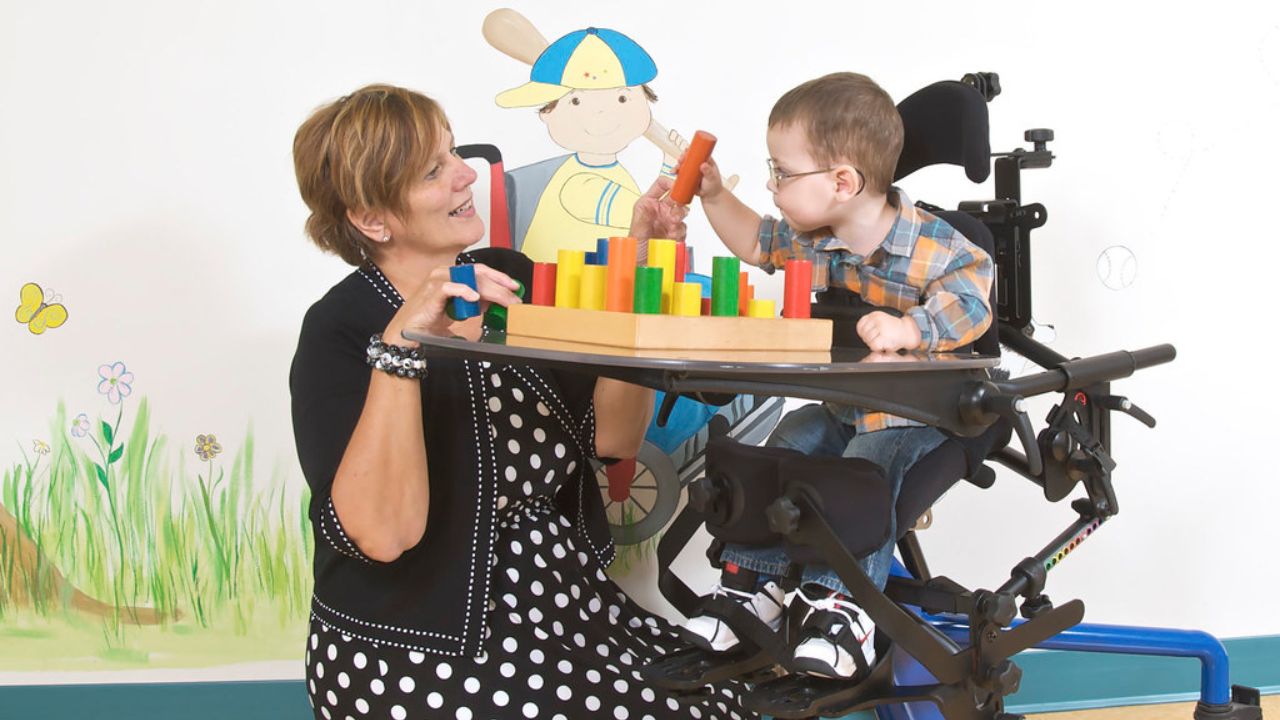
Obtaining reputable certifications ensures that professionals stay updated with the latest advancements and can deliver the highest quality care to their young patients.
Criteria for Selecting the Best Pediatric Mobility Training Certifications
One important factor to consider when selecting the best pediatric mobility training certifications is the number of practical hours required for hands-on experience with young patients.
As knowledgeable professionals in the field of pediatric mobility training, pediatric physical therapists and rehabilitation specialists understand the importance of practical experience in effectively treating and improving mobility in children. They are well-versed in the latest research, techniques, and best practices, ensuring that they can provide the highest quality of care to their young patients.
In addition to practical experience, evaluating program effectiveness is crucial. Industry recognition and credibility are essential factors to consider, as they indicate the program's adherence to standards and best practices. By selecting certifications that have earned industry recognition, professionals can ensure that they are receiving the most up-to-date and comprehensive training to meet the unique needs and challenges of their young patients.
American Physical Therapy Association (APTA) Pediatric Certified Specialist (PCS) Certification
The American Physical Therapy Association (APTA) Pediatric Certified Specialist (PCS) Certification is a highly respected credential that demonstrates a pediatric physical therapist's advanced knowledge and expertise in the field of pediatric mobility training.
Through rigorous requirements, including a minimum of 2,000 hours of direct patient care and passing a comprehensive examination, the PCS certification ensures that practitioners are well-versed in the latest research, techniques, and best practices for treating and improving mobility in children.
PCS Certification Requirements
Upon meeting the PCS certification requirements, physical therapists can enhance their expertise in pediatric care and advance their career in the field of pediatric physical therapy. Achieving PCS certification demonstrates a commitment to excellence in providing quality care to children with mobility challenges. The certification process involves a rigorous evaluation of a therapist's knowledge, skills, and clinical experience in pediatric physical therapy.
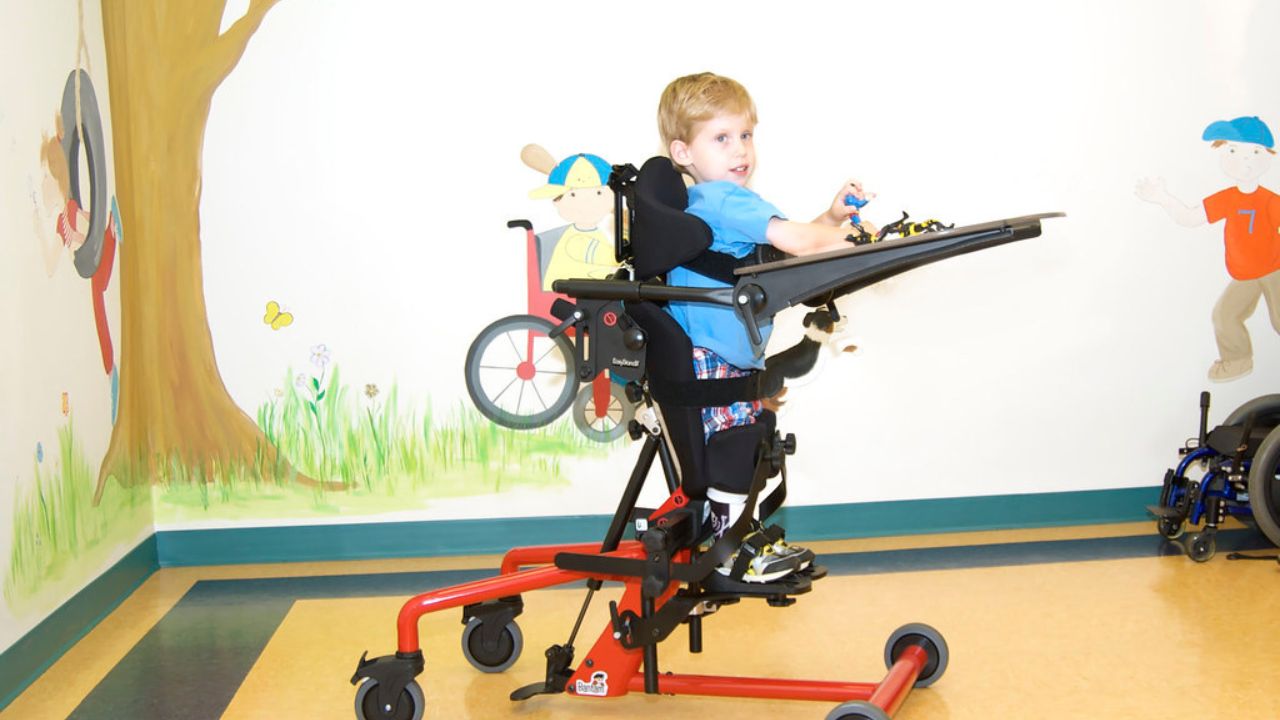
Pediatric physical therapists or pediatric rehabilitation specialists who pursue PCS certification are knowledgeable in the latest research, techniques, and best practices for treating and improving mobility in children. They understand the unique needs and challenges of their young patients and communicate in a compassionate and empathetic manner. These professionals break down complex medical concepts into easily understandable terms, ensuring that their audience, including parents and caregivers, can grasp the concepts and recommendations effectively.
The benefits of PCS certification are numerous. It validates a therapist's expertise and dedication to pediatric physical therapy, increasing their professional credibility. PCS-certified therapists also have access to a network of peers and resources, enabling them to stay up-to-date with advancements in the field. Moreover, PCS certification opens doors to career advancement opportunities, such as leadership roles and specialized positions in pediatric rehabilitation settings.
Benefits of PCS Certification
PCS certification offers numerous benefits to physical therapists, as it validates their expertise and dedication to pediatric physical therapy, while also providing access to a network of peers and resources for professional growth.
As knowledgeable professionals in the field of pediatric mobility training, pediatric physical therapists or pediatric rehabilitation specialists understand the importance of staying up-to-date with the latest research, techniques, and best practices for treating and improving mobility in children. They also approach their work with compassion and empathy, recognizing the unique needs and challenges of their young patients.
By obtaining PCS certification, these professionals gain a competitive edge in the industry, as it demonstrates their commitment to excellence and ensures that they are providing the highest quality care to their pediatric clients.
The advantages of PCS certification in pediatric mobility training are multifaceted, including enhanced career opportunities, increased credibility, and the ability to access a network of like-minded professionals for collaboration and continued learning.
Certified Pediatric Rehabilitation Specialist (CPRS) Certification
The Certified Pediatric Rehabilitation Specialist (CPRS) Certification is a highly respected credential for professionals in the field of pediatric mobility training.
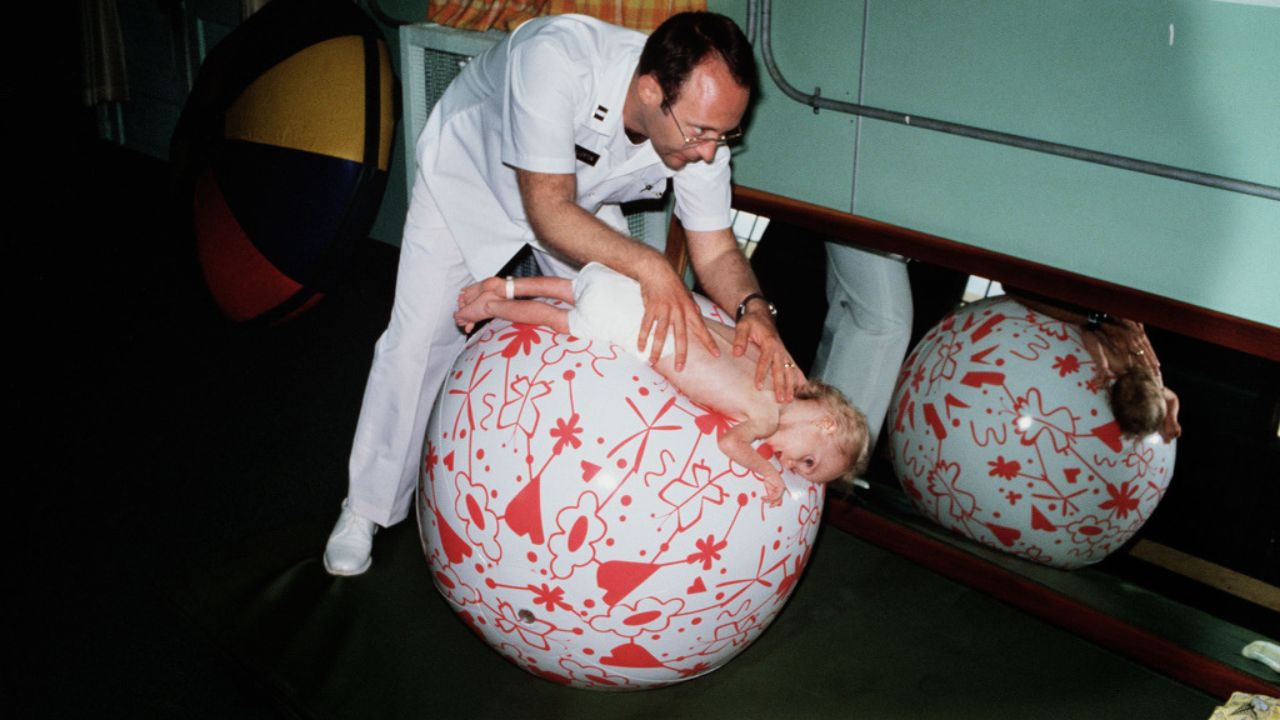
Through this certification, practitioners gain a comprehensive understanding of the latest research, techniques, and best practices for improving mobility in children.
With a compassionate and empathetic approach, CPRS-certified specialists are equipped to address the unique needs and challenges of their young patients, providing effective and tailored treatment plans.
CPRS Vs Other Certifications
Considering the extensive range of pediatric mobility training certifications available, the ongoing debate surrounding CPRS versus other certifications highlights the importance of selecting the most comprehensive and specialized credential.
As pediatric physical therapists and rehabilitation specialists, our expertise lies in the field of pediatric mobility training, where we are well-versed in the latest research, techniques, and best practices for improving mobility in children. We understand the unique needs and challenges faced by our young patients and communicate with compassion and empathy.
When it comes to CPRS versus other certifications such as SIPT and NDT, it is crucial to evaluate the specific requirements and competencies offered by each certification. CPRS focuses on comprehensive rehabilitation and is recognized as a distinguished credential in the field.
However, the decision should ultimately be based on individual professional goals and the specific needs of the patients we serve.
Benefits of CPRS
One of the primary benefits of CPRS is its comprehensive approach to pediatric rehabilitation, ensuring that professionals are equipped with the necessary knowledge and skills to effectively improve mobility in children.
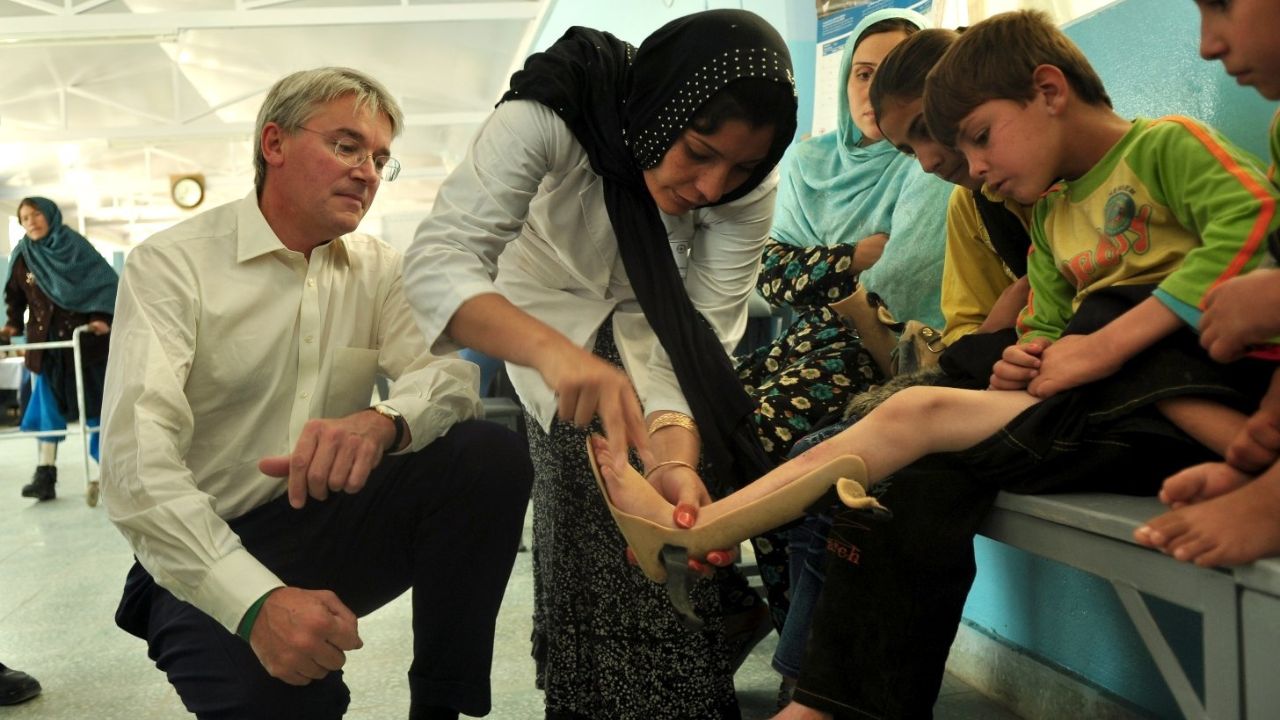
CPRS plays a crucial role in improving pediatric mobility by providing evidence-based techniques and strategies specifically designed for young patients. Through CPRS, pediatric physical therapists and rehabilitation specialists gain a deep understanding of the unique needs and challenges faced by children, allowing them to tailor their interventions accordingly.
This comprehensive approach enhances the quality of pediatric rehabilitation by promoting a holistic and individualized treatment plan that addresses not only physical limitations but also cognitive, emotional, and social aspects of a child's well-being.
Sensory Integration and Praxis Test (SIPT) Certification
Certified professionals in pediatric therapy can enhance their assessment and intervention skills by obtaining Sensory Integration and Praxis Test (SIPT) Certification.
As knowledgeable pediatric physical therapists or pediatric rehabilitation specialists, they have a deep understanding of pediatric mobility training. They are well-versed in the latest research, techniques, and best practices for treating and improving mobility in children.
These professionals approach their work with empathy and compassion, recognizing the unique needs and challenges of their young patients. They communicate in a sensitive and understanding manner, ensuring that their young patients feel supported and valued throughout the therapy process.
Their expertise allows them to break down complex medical concepts into easily understandable terms, empowering their audience to grasp the concepts and recommendations effectively.
In addition to the SIPT Certification, these professionals utilize sensory integration therapy and focus on pediatric motor development to optimize outcomes for children.

Neuro-Developmental Treatment (NDT) Certification in Pediatrics
As professionals in pediatric therapy, obtaining Neuro-Developmental Treatment (NDT) Certification in Pediatrics allows us to further enhance our knowledge and skills in neurodevelopmental techniques, ensuring optimal outcomes for our young patients.
The NDT certification benefits are numerous and include:
- Improved understanding of the neurodevelopmental approach for treating children with mobility issues
- Enhanced ability to assess and treat children with neurological impairments
- Increased proficiency in facilitating motor learning and promoting functional independence in children
- Expanded knowledge of the latest research and evidence-based practices in pediatric mobility training
- Strengthened collaboration with interdisciplinary teams to provide comprehensive care for children with complex needs
To achieve NDT certification, professionals must meet specific requirements, including completing the NDT Basic Course, demonstrating clinical competency through case presentations, and completing a certification examination.
Certified Assistive Technology Professional (ATP) Certification
Professionals seeking to enhance their expertise in assistive technology can pursue the prestigious Certified Assistive Technology Professional (ATP) Certification, which equips them with the necessary skills and knowledge to effectively assess, recommend, and implement assistive technology solutions for individuals with disabilities.
As pediatric physical therapists or pediatric rehabilitation specialists, we have a deep understanding of the field of pediatric mobility training. We are well-versed in the latest research, techniques, and best practices for treating and improving mobility in children. Our compassionate and empathetic approach allows us to understand the unique needs and challenges of our young patients.
When communicating with our audience, we strive to be clear and concise, breaking down complex medical concepts into easily understandable terms. This certification provides professionals with the tools and knowledge needed to work with assistive technology training and pediatric mobility devices, empowering them to make a positive impact on the lives of children with disabilities.
Certified Pediatric Balance and Vestibular Rehabilitation Specialist (CPBVRS) Certification
One of the most sought-after certifications in the field of pediatric rehabilitation is the specialized training as a Pediatric Balance and Vestibular Rehabilitation Specialist. This certification equips healthcare professionals with the necessary skills to effectively assess and treat balance and vestibular disorders in children.
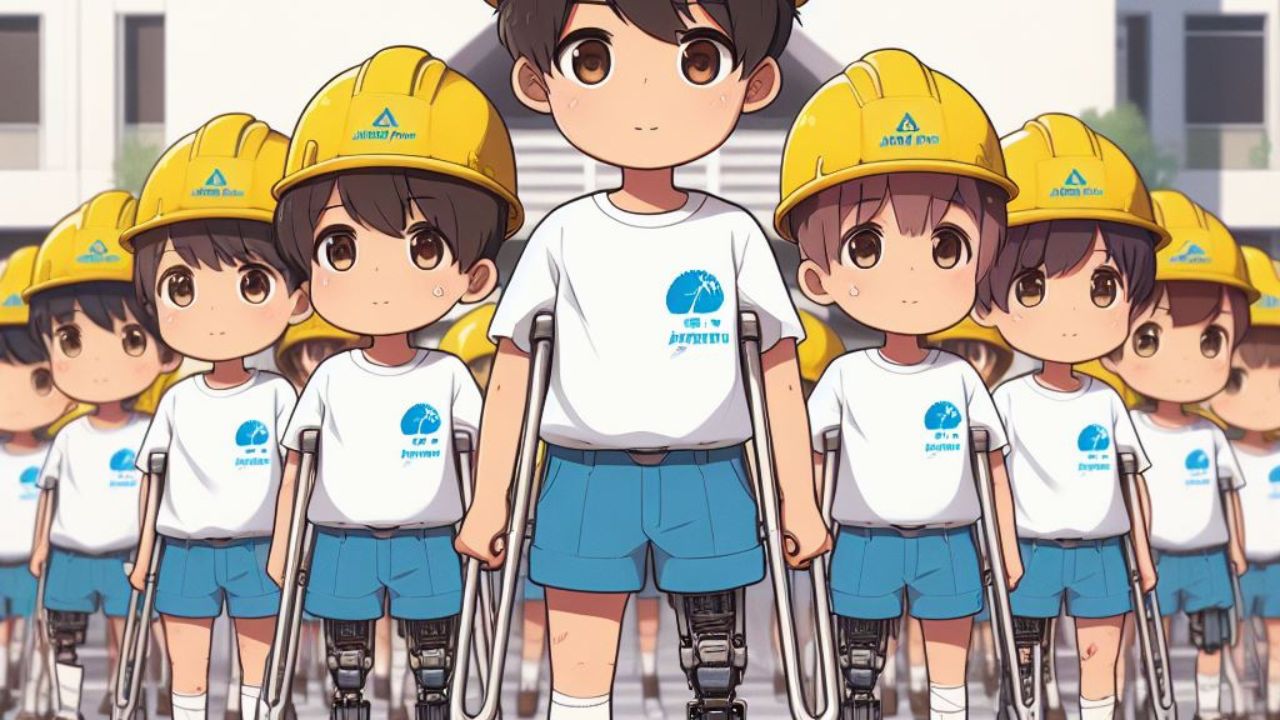
As experts in pediatric mobility training, these specialists are knowledgeable in the latest research, techniques, and best practices for improving mobility in children. They approach their work with empathy and understanding, recognizing the unique needs and challenges of their young patients. Communication is clear and concise, ensuring that complex medical concepts are broken down into easily understandable terms.
The clinical applications of pediatric mobility training are vast, and these specialists use a variety of techniques to help children achieve optimal physical functioning. These techniques include:
- Balance and coordination exercises
- Vestibular rehabilitation
- Gait training
- Strengthening and conditioning exercises
- Assistive devices and adaptive equipment
Certified Gait and Movement Analysis (CGMA) Certification
With a focus on enhancing clinical decision-making and treatment planning, the Certified Gait and Movement Analysis (CGMA) Certification equips healthcare providers with the expertise to evaluate and analyze the intricate nuances of a patient's gait and movement patterns.
Pediatric physical therapists and rehabilitation specialists who hold this certification have a deep understanding of the latest research, techniques, and best practices for treating and improving mobility in children. They approach their work with compassion and empathy, recognizing the unique needs and challenges of their young patients.
Clear and concise communication is essential in this field, as professionals must effectively convey complex medical concepts to both parents and other healthcare providers. The CGMA certification benefits include an increased ability to develop tailored treatment plans, improved clinical decision-making skills, and enhanced collaboration with interdisciplinary teams.
To obtain this certification, healthcare providers must meet certain requirements, such as completing specific coursework and demonstrating proficiency in gait and movement analysis through practical examinations and case studies.
Certified Pediatric Orthopedic Clinical Specialist (CPOCS) Certification
The Certified Pediatric Orthopedic Clinical Specialist (CPOCS) Certification is a valuable credential for professionals in the field of pediatric mobility training.
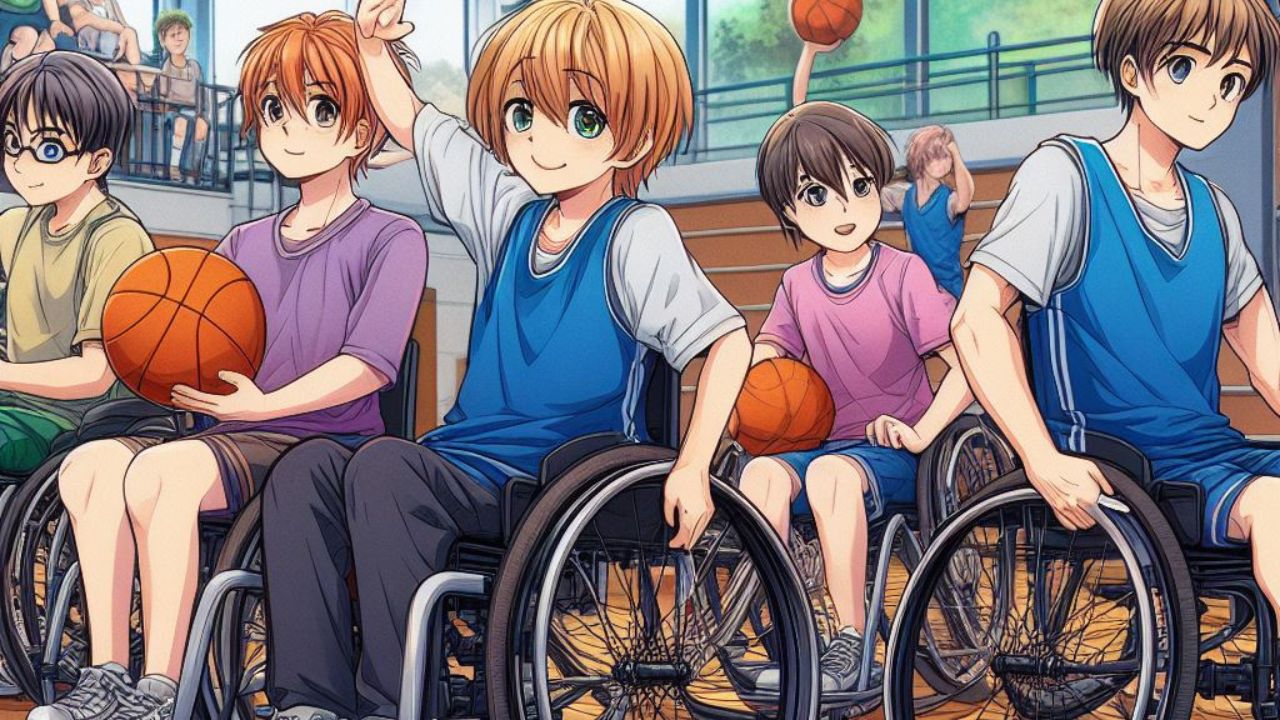
This certification demonstrates a deep understanding of the latest research, techniques, and best practices for treating and improving mobility in children.
Importance of CPOCS
Given the increasing demand for specialized pediatric orthopedic care, it is crucial for professionals in the field to recognize the importance of obtaining a CPOCS certification. This certification signifies a high level of expertise and knowledge in the area of pediatric orthopedics, ensuring that practitioners are equipped to provide the best possible care for their young patients.
Impact of early intervention: Early identification and intervention are key in pediatric orthopedics to optimize outcomes and prevent complications.
Inclusive approaches to mobility training: Pediatric orthopedic specialists must adopt inclusive approaches that consider the unique needs and challenges of each child, ensuring that mobility training is accessible to all.
Latest research and techniques: Professionals with a CPOCS certification stay up-to-date with the latest advancements in pediatric orthopedic care, allowing them to provide evidence-based treatments.
Best practices for treating and improving mobility: CPOCS-certified professionals are well-versed in the best practices for enhancing mobility in children, ensuring optimal outcomes.
Compassionate and empathetic care: CPOCS-certified professionals understand the emotional and physical challenges faced by young patients and provide compassionate care that prioritizes their well-being.
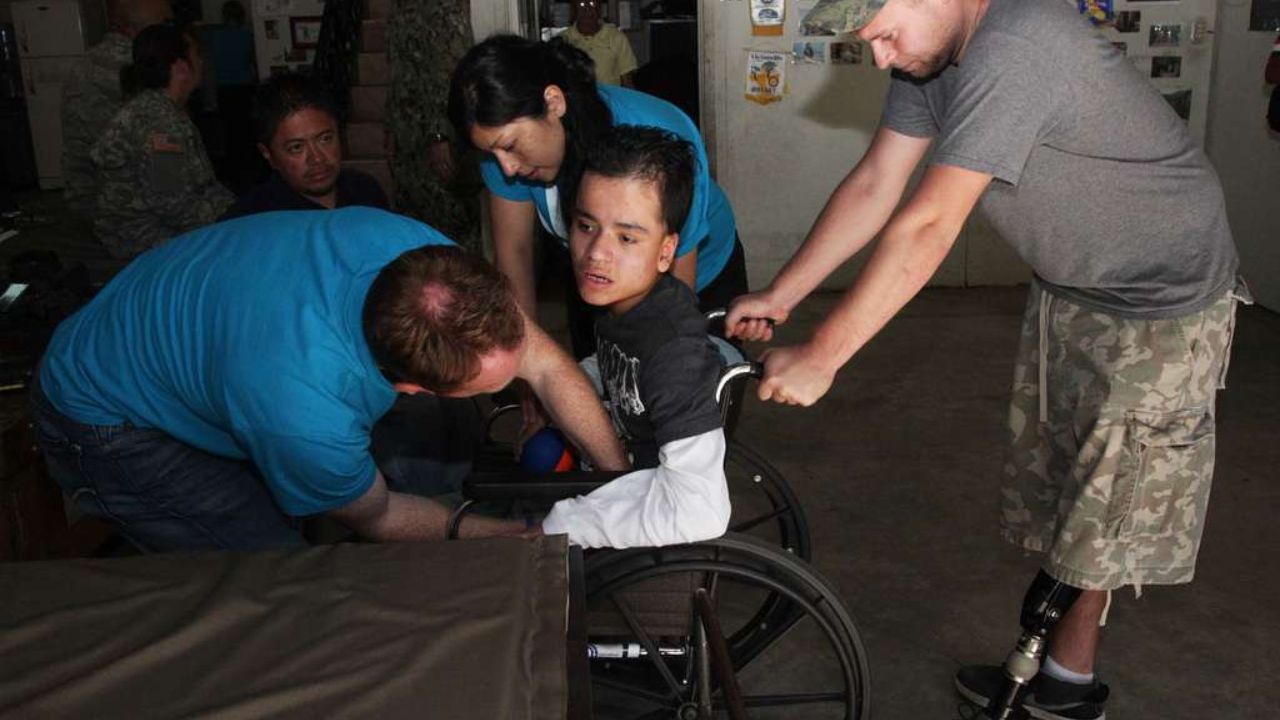
Training Requirements for CPOCS
One must fulfill specific training requirements to earn a CPOCS certification, ensuring that professionals possess the necessary skills and knowledge in pediatric orthopedics.
Pediatric physical therapists and pediatric rehabilitation specialists are well-versed in the latest research, techniques, and best practices for treating and improving mobility in children. They understand the unique needs and challenges of their young patients and communicate in a compassionate and empathetic manner.
When it comes to training techniques, these professionals employ a variety of methods tailored to each child's individual needs. They use a combination of hands-on therapy, exercises, and assistive devices to improve mobility and enhance overall functioning.
Assessment methods play a crucial role in this process, allowing therapists to evaluate a child's current abilities and track progress over time. By utilizing evidence-based practices and incorporating ongoing assessment, pediatric physical therapists and rehabilitation specialists ensure the highest level of care for their young patients.
Benefits of CPOCS
During training, professionals gain a deep understanding of the benefits that the Certified Pediatric Orthopedic Clinical Specialist (CPOCS) certification offers in terms of enhanced knowledge, expertise, and specialized care for pediatric patients with orthopedic conditions.
The benefits of CPOCS certification are numerous and include:
- Increased proficiency in assessing and diagnosing orthopedic conditions in children.
- Advanced knowledge of the latest research and best practices in pediatric mobility training.
- Expertise in designing individualized treatment plans to improve mobility skills in children with conditions such as cerebral palsy.
- Familiarity with a wide range of assistive devices for children with mobility impairments, such as wheelchairs, walkers, and orthotic devices.
- Ability to provide compassionate and empathetic care to young patients, understanding their unique needs and challenges.
Frequently Asked Questions
Are There Any Financial Assistance Options Available for Individuals Seeking Pediatric Mobility Training Certifications?
Financial aid and scholarship options are available for individuals seeking pediatric mobility training certifications. These options can provide financial assistance to those who qualify, making the certification more accessible and affordable.

How Long Does It Typically Take to Complete Each of These Pediatric Mobility Training Certifications?
The average completion time for pediatric mobility training certifications varies depending on the specific program and individual's pace. It is important to consider cost considerations and choose a certification that aligns with one's professional goals and resources.
Are the Certifications Recognized and Accepted Internationally?
Certification accreditation and international recognition are crucial factors to consider when choosing pediatric mobility training certifications. Professionals should ensure that the certifications they pursue are widely accepted and respected across borders to enhance their career opportunities and credibility.
Is There a Specific Order in Which These Certifications Should Be Pursued?
When pursuing certifications in pediatric mobility training, there is no specific order that must be followed. Each certification has its own benefits and can be pursued based on individual preferences and career goals.
Are There Any Continuing Education Requirements Associated With Maintaining These Certifications?
Continuing education requirements are an important aspect of maintaining certifications in pediatric mobility training. By staying up-to-date with the latest research and techniques, professionals can ensure they provide the best care for their young patients. The benefits of maintaining certifications include improved knowledge, skills, and outcomes for children.
Conclusion
In conclusion, obtaining a pediatric mobility training certification is essential for professionals in the field of pediatric physical therapy and rehabilitation. These certifications provide a depth of knowledge and expertise in treating and improving mobility in children.
Professionals with these certifications understand the unique needs and challenges of their young patients and communicate in a compassionate and empathetic manner. They also have the ability to present complex medical concepts in a clear and concise way, ensuring effective understanding and implementation of recommendations.
 Mobility trainingHome Fitness RecoverySports Injury PreventionPersonal Physical TherapyOrthopedic SolutionsPrivacy PolicyTerms And Conditions
Mobility trainingHome Fitness RecoverySports Injury PreventionPersonal Physical TherapyOrthopedic SolutionsPrivacy PolicyTerms And Conditions
